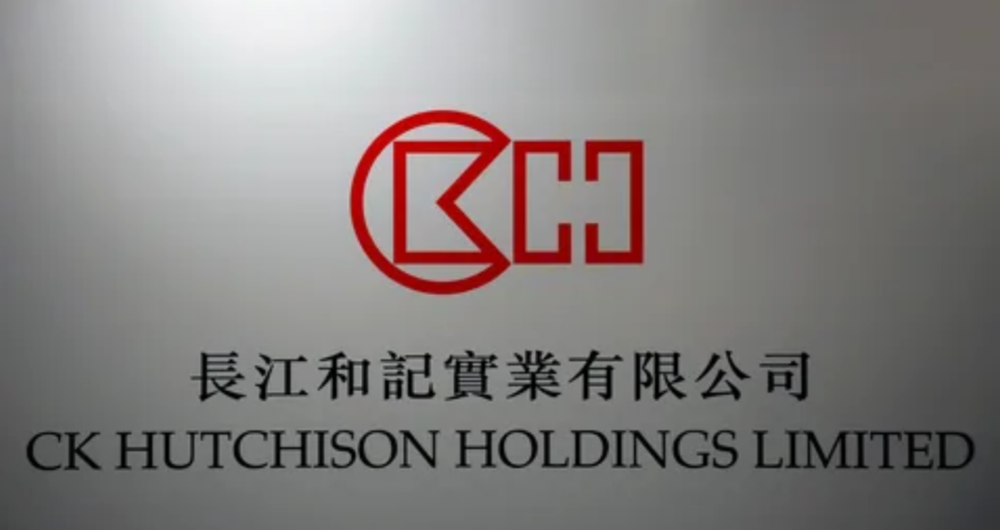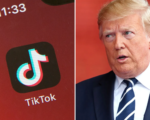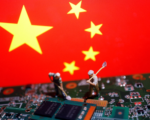China’s recent criticism of CK Hutchison’s (0001.HK) move to sell its ports business has raised the political stakes for major Chinese business divestments, particularly the potential sale of TikTok’s U.S. assets. This criticism is seen as a precursor to increased scrutiny of deals involving Chinese companies selling to American buyers, analysts suggest.
CK Hutchison’s decision to sell assets near the Panama Canal to a BlackRock-led consortium on March 4 has drawn attention from Beijing, which views the sale as a betrayal of Chinese interests. The Hong Kong and Macau Affairs Office reposted commentaries accusing CK Hutchison of neglecting national interests, with Chinese regulators launching an investigation into the deal. This follows previous concerns from U.S. President Donald Trump, who praised the transaction, calling it a “reclaiming” of the canal.
The political ramifications of CK Hutchison’s sale are seen as a significant indicator of how Beijing might respond to other high-profile sales, such as ByteDance’s potential divestment of TikTok’s U.S. operations. Chinese officials have made it clear that they do not want ByteDance to be forced to sell TikTok to U.S. investors, indicating a broader political sensitivity surrounding Chinese companies’ control over their operations and the potential for U.S. intervention.
China’s reaction to the CK Hutchison deal underscores its attempt to project a strong stance against U.S. pressure while also balancing the desire to maintain diplomatic relations with the United States. As tensions between the U.S. and China continue to escalate, the scrutiny of these high-stakes transactions highlights the complex political and economic dynamics at play.

















